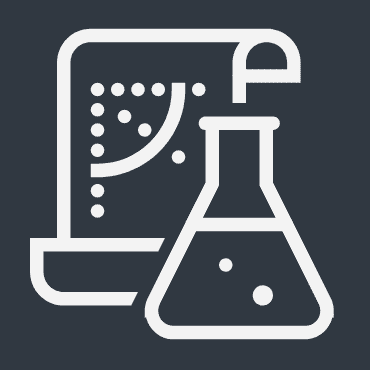Unlock Advanced AI: An Introduction to Google's Agent Development Kit (ADK)

The world of artificial intelligence is rapidly evolving beyond simple chatbots. We're entering an era of intelligent agents – autonomous systems that can reason, plan, use tools, and even collaborate to solve complex problems. Building these sophisticated agents, however, has been challenging.
Enter the Agent Development Kit (ADK), a new open-source framework introduced by Google at Cloud NEXT 2025. ADK is a Python toolkit designed specifically to simplify the development, evaluation, and deployment of advanced AI agents and multi-agent systems.
Why ADK Matters
ADK stands out by offering a "code-first" approach. This means developers define agent behavior, tool usage, and orchestration logic directly in Python, providing fine-grained control, flexibility, and enabling robust debugging, versioning, and testing. It's built with tight integration into the Google Cloud ecosystem in mind, leveraging powerful models like the Gemini family and scalable infrastructure like Vertex AI.
This framework isn't just theoretical; it's the same technology powering agent capabilities within Google products, now open-sourced to empower the broader developer community.
Key Features of Google ADK
ADK packs a suite of features designed for building production-ready agents:
- Code-First Development: Define everything in Python for maximum flexibility, testability, and integration into standard development workflows.
- Rich Tool Ecosystem: Equip agents with capabilities by integrating pre-built tools (like Google Search), custom Python functions, tools defined via OpenAPI specs, or even integrating with other libraries.
- Modular Multi-Agent Systems: Go beyond single agents. Design hierarchies of specialized agents that can collaborate, delegate tasks, and share information, enabling complex workflows. ADK supports different orchestration patterns, from predictable sequences to dynamic, LLM-driven routing between agents.
- Seamless Google Integration: While flexible, ADK is optimized for Gemini models and deployment on Vertex AI, allowing developers to tap into cutting-edge AI capabilities and enterprise-grade managed runtimes.
- Built-in Evaluation: Systematically test agent performance, evaluating not just the final output but the step-by-step execution path against predefined test cases using command-line tools or integrated evaluation functions.
- Deployment Ready: ADK facilitates taking agents from prototype to production. Containerize agents for deployment anywhere (like Cloud Run or Docker) or leverage the seamless scaling of the Vertex AI Agent Engine.
- Developer UI: An interactive, browser-based development UI helps test, debug, evaluate, and even showcase agents during development.
Getting Started with ADK
Getting started is straightforward for Python developers:
- Prerequisites: Ensure you have Python (3.9+ or 3.10+) installed. A virtual environment is highly recommended.
- Installation: Install the package using pip:
pip install google-adk. - Credentials: Set up access. If using Vertex AI, authenticate using the
gcloudCLI (gcloud auth application-default login). If using other services (like the Gemini API via Google AI Studio), manage API keys typically via environment variables. - Define Your Agent: Create an agent instance in Python using the
Agentclass (or specialized versions likeLlmAgent). Configure its name, instructions (how it should behave), description (what it does - crucial for multi-agent routing), the underlying language model, and the tools it can access.
Core Concepts: Agents, Tools, and Collaboration
At its heart, ADK involves defining Agent objects. These agents orchestrate interactions between user input, the language model, and available tools (Python functions the agent can call).
For multi-agent systems, the description field of each agent becomes vital. Parent agents or coordinators can use these descriptions, interpreted by the LLM, to intelligently route tasks to the most appropriate sub-agent in the hierarchy. This allows for building sophisticated, maintainable applications where agents specialize and delegate.
From Development to Deployment
ADK supports the full lifecycle. The built-in development UI (adk web) provides an excellent way to chat with and inspect your agent's behavior locally. Rigorous testing can be done using the evaluation framework (adk eval). Once satisfied, you can package your agent for deployment using standard container practices or push it to the managed Vertex AI Agent Engine.
The Future is Agentic
Google's ADK provides a powerful, flexible, and open-source toolkit for developers looking to build the next generation of AI applications. By simplifying the complexities of agent development, especially for multi-agent systems, and integrating tightly with Google's advanced AI models and cloud platform, ADK empowers developers to create truly intelligent, collaborative, and production-ready AI solutions. If you're looking to build sophisticated AI agents, ADK is a framework worth exploring.
